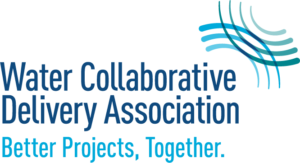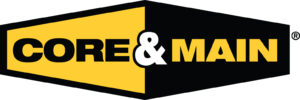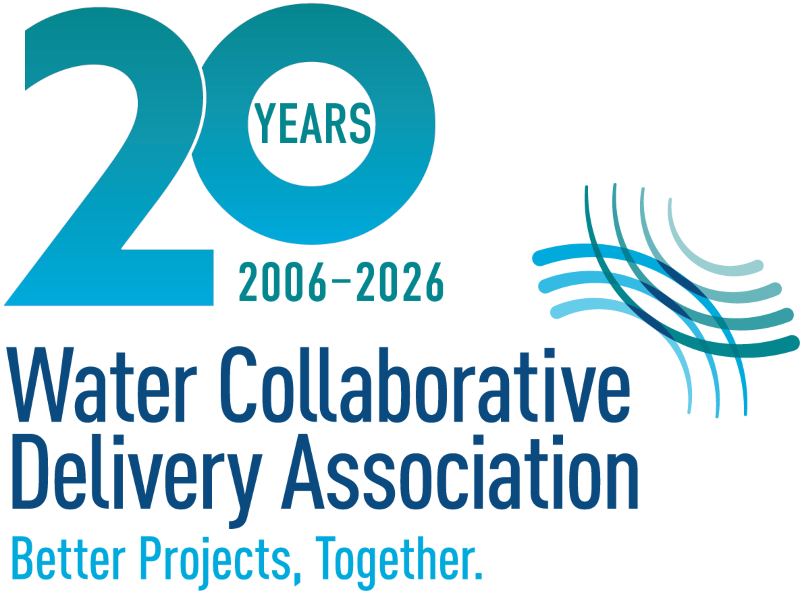PCC § 22160 – 22169 Local Agency DB Projects and PCC § 10187 State Agency DB Projects (same as below but repealed as of Jan 1, 2025)
The Legislature finds and declares that the design-build method of project delivery, using a best-value procurement methodology, has been authorized for various agencies that have reported benefits from such projects including reduced project costs, expedited project completion, and design features that are not achievable through the traditional design-bid-build method. (until Jan. 31, 2031)
Progressive Design-Build:
https://leginfo.legislature.ca.gov/faces/billTextClient.xhtml?bill_id=202320240SB706&search_keywords=progressive+design-build
CA SB 706 (October 8, 2023)
Existing law authorizes the Director of General Services to use the progressive design-build procurement process for the construction of up to 3 capital outlay projects, as jointly determined by the Department of General Services and the Department of Finance, and prescribes that process. Existing law defines “progressive design-build” as a project delivery process in which both the design and construction of a project are procured from a single entity that is selected through a qualifications-based selection at the earliest feasible stage of the project.
Existing law, until January 1, 2029, authorizes local agencies, defined as any city, county, city and county, or special district authorized by law to provide for the production, storage, supply, treatment, or distribution of any water from any source, to use the progressive design-build process for up to 15 public works projects in excess of $5,000,000 for each project, similar to the progressive design-build process authorized for use by the Director of General Services.
Existing law requires a local agency that uses the progressive design-build process to submit, no later than January 1, 2028, to the appropriate policy and fiscal committees of the Legislature a report on the use of the progressive design-build process containing specified information, including a description of the projects awarded using the progressive design-build process. Existing law requires the design-build entity and its general partners or joint venture members to verify specified information under penalty of perjury.
This bill would, until January 1, 2030, provide additional authority for cities, counties, cities and counties, or special districts to use the progressive design-build process for up to 10 public works in excess of $5,000,000, not limited to water-related projects, excluding projects on state-owned or state-operated facilities. The bill would require information to be provided under penalty of perjury and would require similar reports due no later than December 31, 2028.
CMAR:
https://leginfo.legislature.ca.gov/faces/codes_displaySection.xhtml?sectionNum=20146.&lawCode=PCC
PCC § 20146
(a) A county, with approval of the board of supervisors, or a public entity, with approval of its governing body, may utilize construction manager at-risk construction contracts for the erection, construction, alteration, repair, or improvement of any infrastructure, excluding roads, and including, but not limited to, buildings, utility improvements associated with buildings, flood control and underground utility improvements, and bridges, owned or leased by the county. A construction manager at-risk construction contract may be used only for projects in the county in excess of one $1,000,000 and may be awarded using either the lowest responsible bidder or best-value method to a construction manager at-risk entity that possesses or that obtains sufficient bonding to cover the contract amount for construction services and risk and liability insurance as may be required by the county or public entity. Any payment or performance bond written for the purposes of this section shall be written using a bond form developed by the county or public entity.
P3:
https://leginfo.legislature.ca.gov/faces/codes_displaySection.xhtml?lawCode=GOV§ionNum=5956.4.&highlight=true&keyword=infrastructure+rail%2520+highways
PCC § 5956.4
A governmental agency may solicit proposals and enter into agreements with private entities for the design, construction, or reconstruction by, and may lease to, private entities for the following types of fee-producing infrastructure projects:…
(b) Drainage
(d) Water supply, treatment, distribution
(e) Flood control
(h) Municipal improvements
(m) Purification of water
(n) Sewage treatment, disposal, and water recycling
(p) Structures or buildings, except for sporting or entertainment events



![]()

![]()

